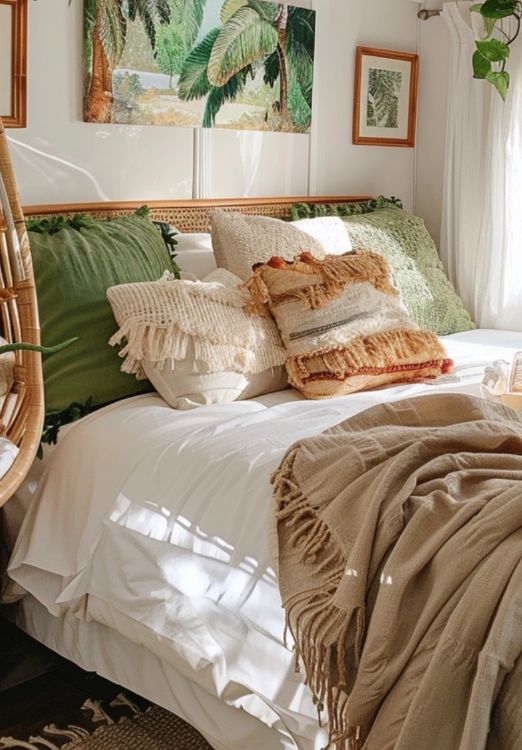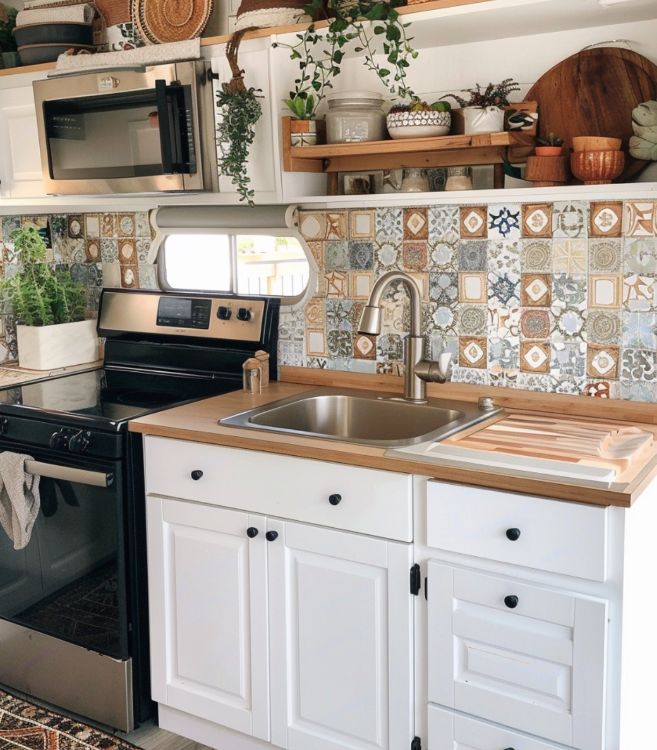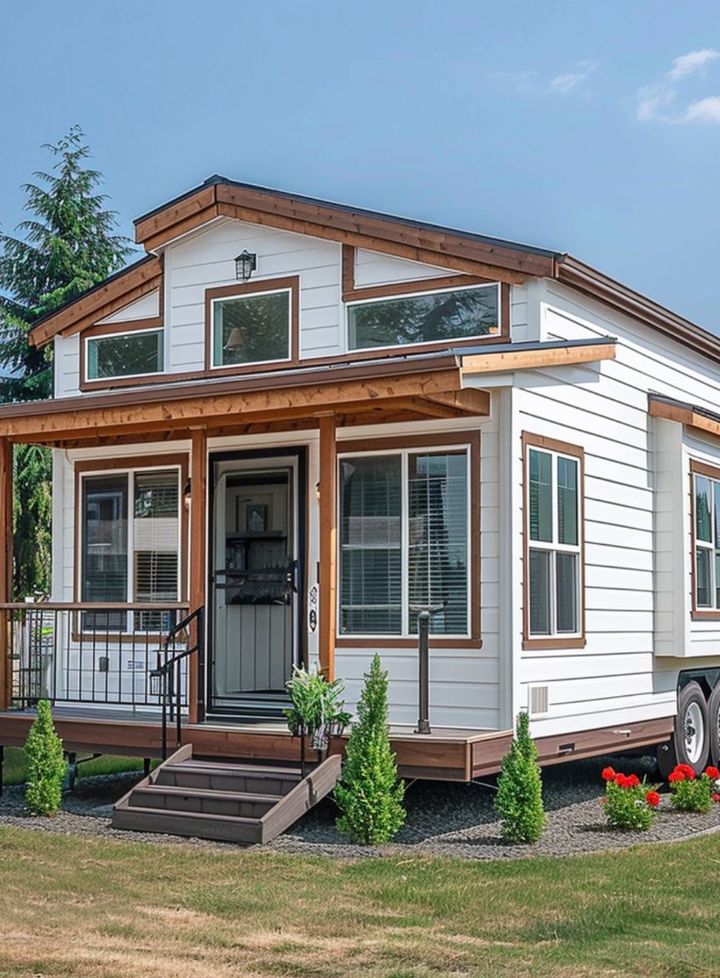For months, Elena’s life had been unraveling piece by piece. After the small café where she worked closed its doors, she tried everything to make ends meet—odd jobs, borrowing from friends, even selling belongings she once cherished. But no matter how hard she fought, the bills stacked higher and the rent became impossible. Eventually, the day came when her landlord handed her an eviction notice. With no family nearby and no savings left, Elena was left with nowhere to go. Nights were spent on acquaintances’ couches, mornings in shelters, and her days haunted by the uncertainty of whether she would ever have a place of her own again.
The weight of it all pressed down on her. Once a cheerful woman who loved hosting friends for coffee, she now avoided mirrors, ashamed of the exhaustion written across her face. Each night, she whispered a quiet wish: Just a door I can close behind me. Just a place to rest.

The turning point came when a local community organization stepped in. They had been building tiny homes for people in crisis, offering not just walls and a roof but dignity and stability. When Elena was told she had been chosen to receive one, she broke down in tears. The idea of having her own space again—a sanctuary to call hers—felt like a miracle she no longer dared to dream about.
When she arrived at the site, her breath caught. Nestled between tall trees, the tiny home stood with golden siding that glowed in the sunlight. A small porch stretched across the front, decorated with flower boxes already blooming with bright colors. Birds flitted overhead, and the soft rustle of leaves filled the air. To Elena, it looked like something from a fairy tale.
The moment she stepped inside, she felt her knees weaken. The house was small but breathtaking. Sunlight poured through wide windows, casting warmth across polished wooden floors. The walls, painted in a soft cream, gave the room an open, airy feel. A loft bed with crisp white linens waited beneath a sloping ceiling, promising peaceful sleep. Below, a cozy sofa and a wood-burning stove created a sense of comfort she hadn’t felt in years.

The kitchen felt like pure luxury. A farmhouse sink gleamed beneath the window, counters were polished to a shine, and shelves were stocked with plates and cups ready for use. A dining nook sat tucked into the corner, framed by windows that looked out into the trees. Elena ran her fingers across the counter, imagining the meals she would cook again—meals not rushed or eaten from a can, but shared in warmth and peace.
Even the bathroom felt extraordinary. Elegant tiles lined the shower, and a skylight above bathed the room in sunlight. It wasn’t large, but it felt like a sanctuary, a space where she could finally take care of herself again. Everywhere she looked, there were thoughtful touches: a rug by the stove, a vase of flowers on the table, even a welcome note left for her.
That first night, Elena sat on the porch, listening to the sounds of the forest. For the first time in years, she wasn’t worried about where she would sleep or how long she could stay. She belonged here.
In the weeks that followed, Elena’s life began to bloom again. She decorated the shelves with books, planted herbs outside her door, and filled the house with the scent of cooking and laughter. Each morning, she woke to sunlight streaming through her windows and felt gratitude rush through her.
Her tiny home wasn’t just shelter—it was hope transformed into wood and stone, into safety and peace. Surrounded by nature, she found not only luxury but also the chance to start anew.


Leave a Reply